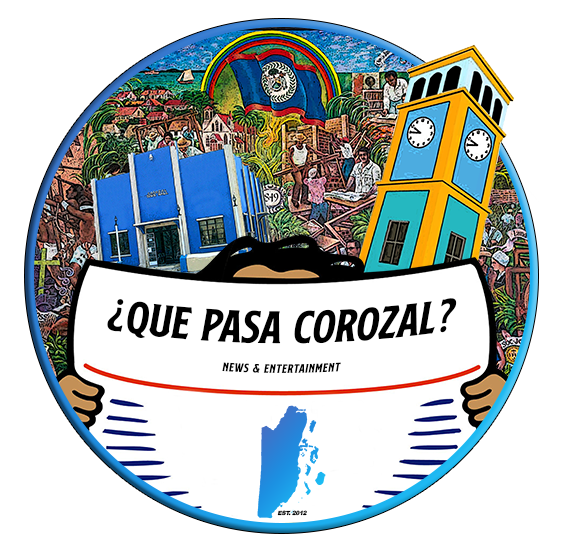The recent SOE arrest dismissal has sparked serious discussion about police conduct and youth rights in Belize. On Tuesday morning, Chief Magistrate Deborah Rogers dismissed charges against a 19-year-old and four minors who had been accused of violating the State of Emergency (SOE) regulations.
The accused included Donie Wite, a youth worker with the Leadership Intervention Unit, along with four students aged 13 to 17. Officers had detained the group on May 10 at the corner of Ordonez Street and Administration Drive. Police claimed the group violated SOE rules by assembling in public with more than three people.
During the hearing, the Chief Magistrate refused to take a plea. She stated that the arrest lacked legal justification. “It’s entrapment when someone is arrested for something they don’t know is a crime,” she added. Rogers strongly criticized the officers’ failure to issue a warning or show discretion, especially since minors were involved.
She also described the incident as a “victimless offense.” The SOE, she emphasized, should prevent crime—not lead to unnecessary arrests.
Witnesses, including parents of the minors, testified that PC Brian Lopez acted aggressively. One mother said she was threatened when she tried to question the officers. The group had reportedly just been talking and walking away when police stopped them.
Although PC Lopez claimed the youths were “socializing,” the court found no actual crime occurred. The SOE arrest dismissal revealed that officers failed to investigate properly and that none of the accused had prior offenses.
The Prosecutor offered no objection to the dismissal, acknowledging that the charge lacked legal basis. The Chief Magistrate encouraged the group to file complaints with the Professional Standards Branch.
This SOE arrest dismissal raises deeper concerns about how emergency powers are being used. Many now worry about the broader impact on civil liberties, especially for young people and underrepresented communities.




